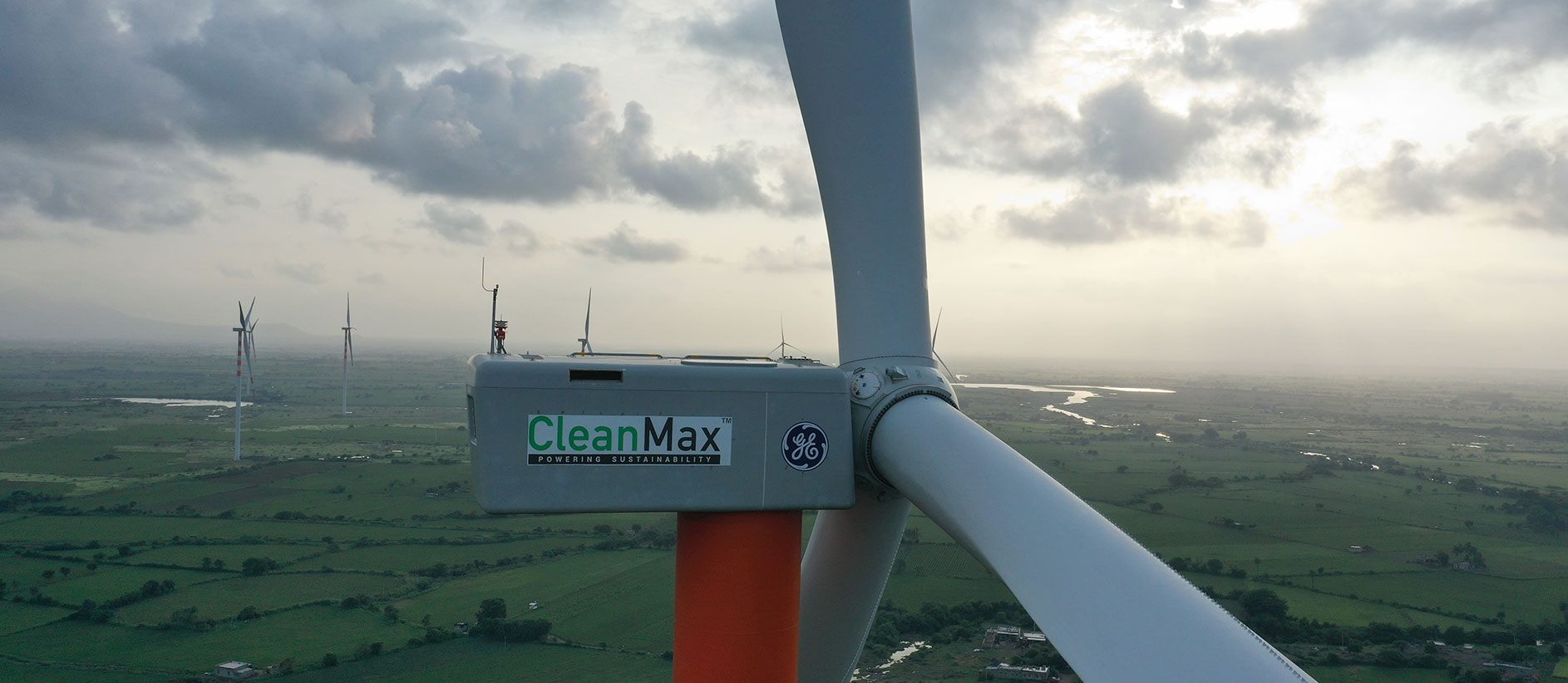Four years ago, IFU and several large Danish pension funds established the Danish SDG Investment Fund. With equity of nearly DKK five billion, the aim of the fund was to contribute to the realisation of the Sustainable Development Goals through commercial investments in private companies in the developing countries.
At year-end 2021, the Danish SDG Investment Fund had invested DKK 2.3 billion in 20 companies within energy, health, food and financial inclusion, among other things. Against this background, IFU has prepared the first impact report of the Danish SDG Investment Fund, providing an overview of the investments and the impact achieved.
“We have now invested nearly half of the SDG Fund’s capital, and we are pleased with the impact achieved so far, and with the expected additional contribution that the current investments will create in the years to come.”
Torben Huss, CEO of IFU.
Africa is the largest investment area
Africa is the largest geographical investment area with approximately 40 per cent of the investments. Followed by Asia with nearly 30 per cent, of which India accounts for the largest share. Divided on sectors, approximately one third, corresponding to nearly DKK 750 million, was invested in renewable energy, close to DKK 425 million within healthcare, and more than DKK 235 million in agriculture and food.
The preliminary results show that the investments have helped create and maintain 24,000 direct jobs in the portfolio companies, and that salaries of DKK 500 million are paid to the employees on a yearly basis. Furthermore, the companies make annual local purchases of DKK 1.1 billion. The total contribution to the economic development in the investment countries is significant, and it is expected to increase going forward.
1,000 megawatts of renewable energy installed
So far, the Fund’s investments within renewable energy have resulted in the instalment of 1,000 megawatts of solar, wind and hydro energy. The total CO2 reduction from the energy production is estimated at 1.2 million tons per year. As the companies continue to be developed, the installed capacity is expected to increase to 3,500 megawatts over the coming years. Furthermore, it is expected that 2.5 million more customers will be connected to the local grids.
Access to health services in the developing countries is scarce. Therefore the Danish SDG Investment Fund has made investments in primary healthcare services and hospitals in Africa, among other things, and in dialysis in India. In total, the current healthcare portfolio treats more than one million patients every year.
“Basically, I think investors can be pleased that they have made a significant contribution to economic prosperity, to supporting the green transition and to achieving the SDGs in developing countries,” said Torben Huss.
Mobilising private capital
One of the objectives of the Danish SDG Investment Fund was to increase capital mobilisation in the developing countries, The total investment in the 20 portfolio companies is nearly DKK 12 billion, of which the Danish SDG Investment Fund has invested DKK 2.3 billion. The mobilisation of private capital in the 20 companies is DKK 5.6 billion.

